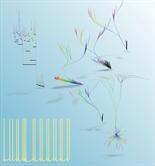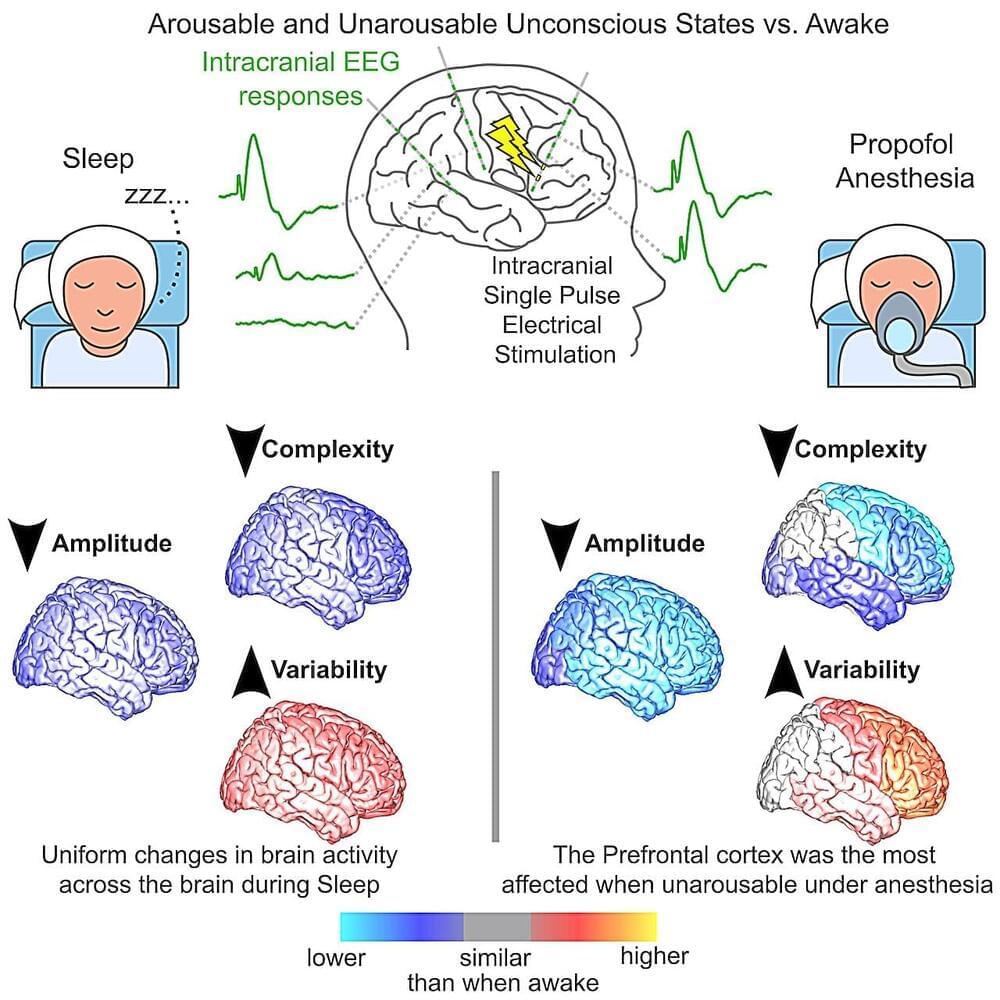Activity of neurons embedded in networks is an inseparable composition of evoked and intrinsic processes. Prevalence of either component depends on the neuron’s function and state (e.g. low/high conductance or depolarization states). Dominant intrinsic firing is thought functionally normal for the pacemaker neuron, but not for the sensory afferent neuron or spinal motoneuron serving to transmit rather than to originate signals. Activity of the multi-functional networked cell, depending on its intrinsic states, bears both cell-and network-defined features. Complex firing patterns of a neuron are conventionally attributed to complex spatial-temporal organization of inputs received from the network-mates via synapses, in vast majority dendritic. This attribution reflects widespread views of the within-cell job sharing, such that the main function of the dendrites is to receive signals and deliver them to the axo-somatic trigger zone, which actually generates the output pattern. However, these views require revisiting with account of active properties of the dendrites due to voltage-dependent channels found in the dendritic membrane of practically all types of explored neurons. Like soma and axon, the dendrites with active membrane are able to generate self-maintained, propagating depolarizations and thus share intrinsic pattern-forming role with the trigger zone. Unlike the trigger zone, the dendrites have complex geometry, which is subject to developmental, activity-dependent, or neurodegenerative changes. Structural features of the arborization inevitably impact on electrical states and cooperative behavior of its constituting parts at different levels of organization, from branches and sub-trees to voltage-and ligand-gated ion channels populating the membrane. Nearly two decades of studies have brought numerous phenomenological demonstrations of influence of the dendritic structure on firing patterns in neurons. A necessary step forward is to comprehend these findings and build a firm theoretical basis, including quantitative relationships between geometrical and electrical characteristics determining intrinsic firing of neurons. This Research Topic is aimed at bringing together contributions of researches from different domains of expertise and building a conceptual framework for deeper insight into the nature of dynamic intrinsic motifs in the firing patterns.
We welcome research and methodology papers, mini-reviews, conceptual generalizations and opinions on the following issues:
1. Electrical states of heterogeneous populations of ion channels: definition, life-times, meta-and multi-stability.




